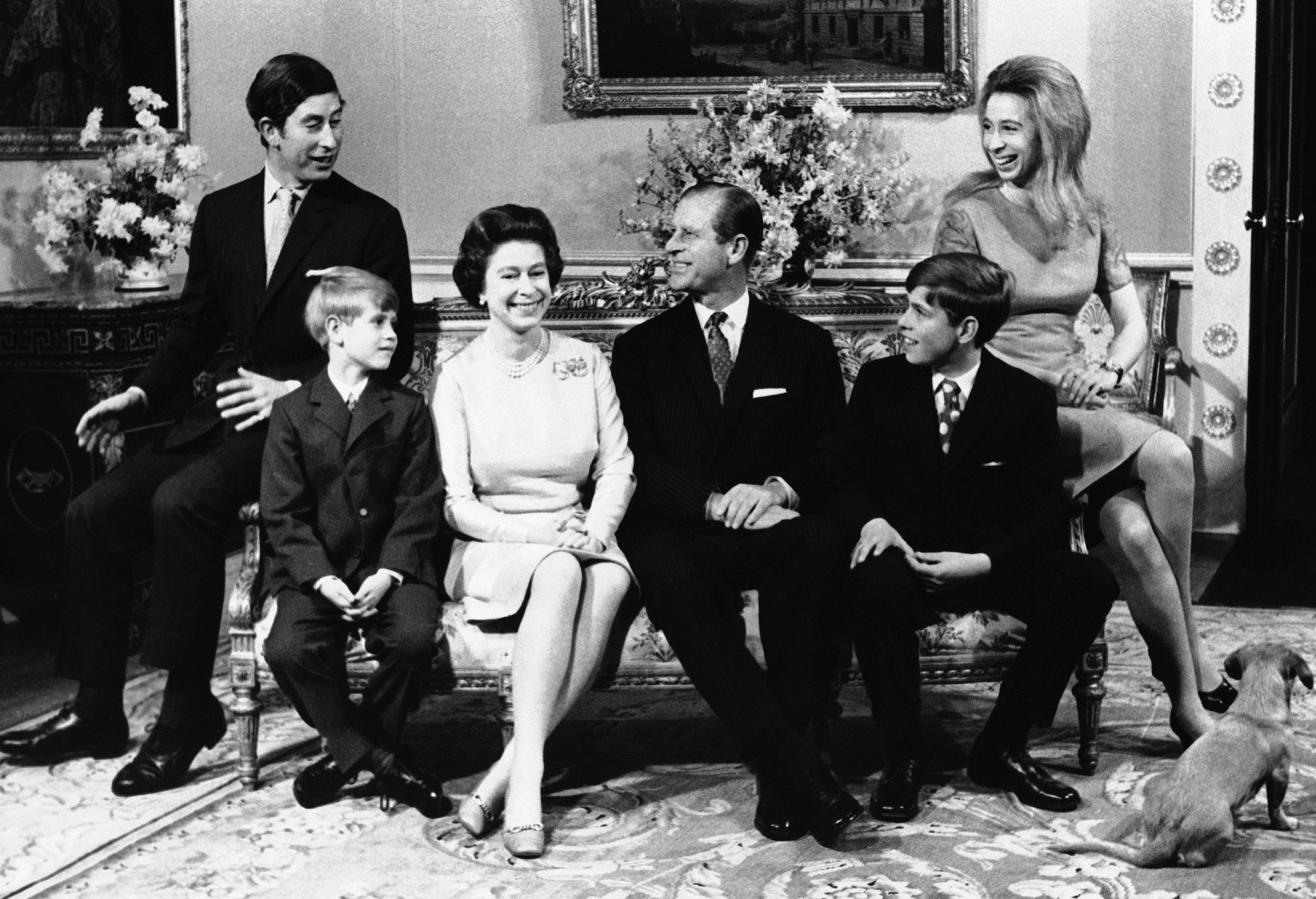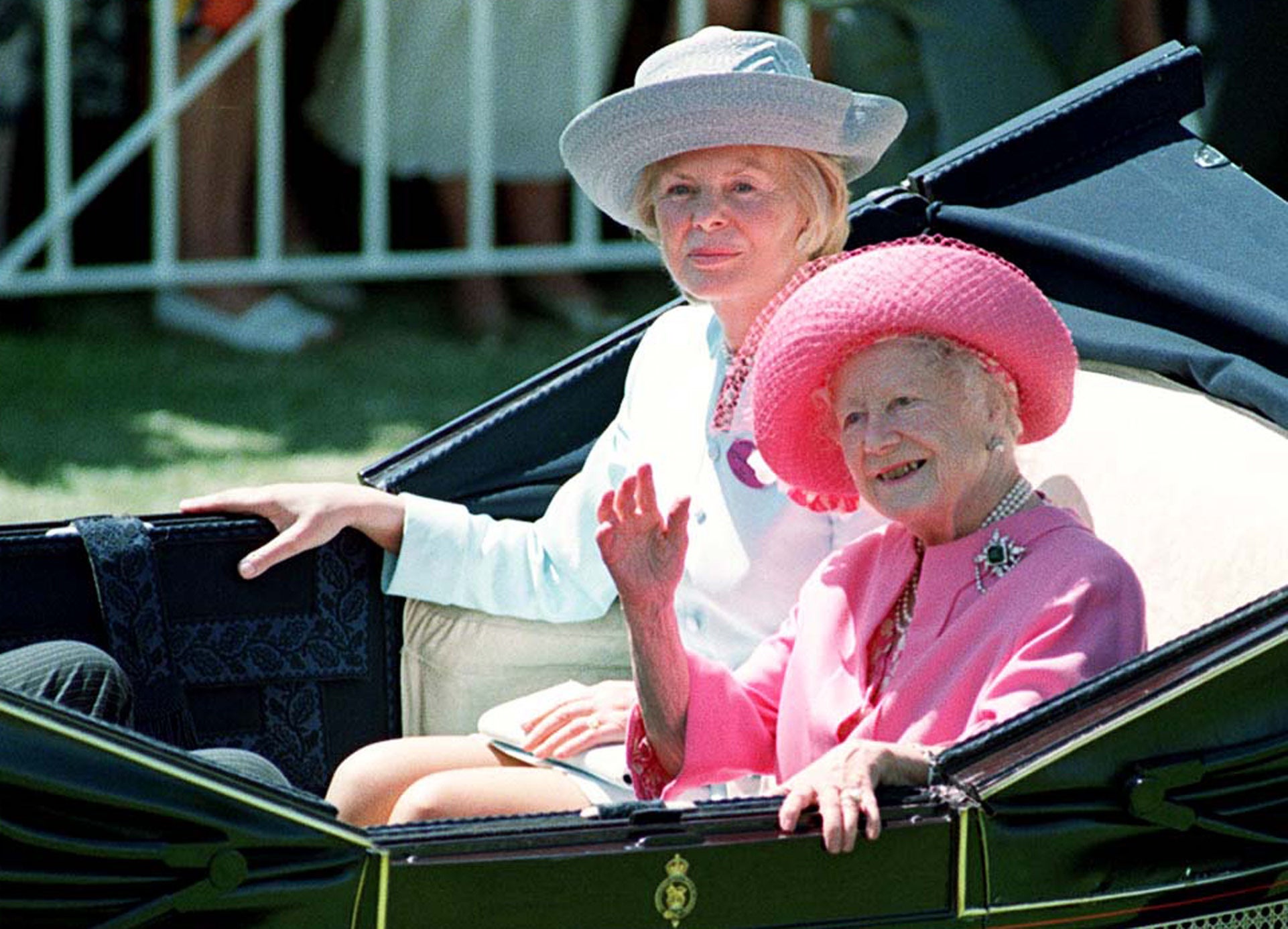What’s in a name? Quite a lot, it seems, especially if you’re a banished royal. After Prince Andrew was stripped of his title following growing controversy over his links to paedophile financier Jeffrey Epstein and relegated to Andrew Mountbatten Windsor last week, there was something notably missing that caused a considerable hullabaloo: a hyphen.
Andrew was assumed to be joining the likes of aristocrats, including the Spencer-Churchills, Bowes-Lyons, and Petty-Fitzmaurices of the world, to tether his two family names together as one. But when Buckingham Palace announced his new title, there was nothing but blank space between the storied surnames.
To hyphenate or not? That’s the question that the palace is apparently now contemplating, given the name’s particular history and standing. Two weeks before Andrew’s birth in 1960, the late Queen Elizabeth made a privy council declaration establishing the family surname Mountbatten-Windsor in order to incorporate her husband Philip’s family name. He had, according to historians, been whining that he was “the only man in the country not allowed to give his name to his children”, which made him “nothing but a bloody amoeba”.
And so, come 19 February 1960, Andrew became the first royal baby officially registered with the Mountbatten-Windsor surname, which royal historian and author Ian Lloyd told The Times he was surprised he hadn’t been returned to, given the “historic precedent” and legal tone of the Queen’s notice. In a manner that very much mirrors reality, Andrew’s name now both ties and tears him from the rest of the royal family. “Andrew Mountbatten Windsor was the name agreed,” a spokesperson doubled down.
Hyphenated surnames have always been a political issue. In the UK, they’re the result of illustrious families who’ve joined their estates through marriage and don’t want their lineage to die out if there’s no male heir. In the Victorian times, they became a slight symbol of pomposity, when the emerging middle classes attempted to differentiate themselves from the working-class everyman. These days, they’re touted by everyone from Premier League footballers to convicted criminals.
So have they gone from posh to common within a generation?
I am typical of many people who have a hyphenated double-barrelled surname. My parents were, very simply, not married. Hence, I got the best of both worlds. Still, this doesn’t stop the woman in the Post Office pointedly questioning if “one name wasn’t enough” for me each time I go to collect a parcel, which feels a little harsh.

According to research from 2017, 11 per cent of newlyweds combine names and pass them on to their kids; an ever-growing trend that is credited to gender equality. Many women, fairly enough, want to preserve their family name and pre-marital identity, while honouring their spouse, too. Of course, for couples who aren’t married, it allows both parents to be represented in the moniker of their shared child.
In 2004, France got so up in arms over this increasing practice that they ordered families with unmarried parents, or where the woman had kept her maiden name, to spell their child’s double-barrelled name with a double hyphen, meaning I’d be Lydia Spencer--Elliott, rather than Spencer-Elliott. It, inevitably, caused total outrage and was overturned by the Conseil d’État watchdog five years later.
In Britain, we’re a bit more fast and loose with our rules. Composer Andrew Lloyd Webber was hyphen-free until he became Baron Lloyd-Webber of Sydmonton in 1997. Ditto entrepreneur Martha Lane Fox, who became Baroness Lane-Fox of Soho in 2013. Suddenly, Andrew’s title and hyphen strip combination seems much more understandable. Why would he need the clarity of the latter without the former?

Yet, the late Queen Mother, who was Elizabeth Bowes-Lyon on all official documents, went by Elizabeth Bowes Lyon, without the hyphen in reality. Could the royal family (they’ve got a lot going on) simply have made a very high-profile typo? Perhaps. It is understood that Buckingham Palace may now use a hyphen when referring to Andrew after all, having checked the late Queen’s 1960 privy council declaration.
He’d have been in good company if he had decided against it, though. Helena Bonham Carter doesn’t bother. And some people – Tory politician Richard Drax (aka Richard Grosvenor Plunkett-Ernle-Erle-Drax) – take it one step further and get rid of one name altogether to appear more relatable. Yes, we have indeed come full circle.
Today, double-barrelled surnames are more likely to tell the stories of our complicated personal lives than they are of historic wealth or aristocracy. Plus, if you’re like me and have three first names that form your entire title, the punctuation gives new people you meet a fighting chance of knowing what goes where.
When I call my dad to ask him why he and my mum opted to give me the all-important hyphen treatment in 1996, he has a much simpler but salient answer than expected: “I don’t know. There must have been something going on at the time.”
In families, there always is. As the royal family very well knows.
Andrew Mountbatten Windsor: Could the disgraced royal’s name be changed again?
What next for Beatrice and Eugenie and their grace and favour life-style?
William and Kate move into eight-bedroom ‘forever home’ Forest Lodge
From Entitled to Untitled: How Queen Elizabeth protected Andrew for years
James Martin: ‘My mum tells me off for my shirts – it keeps me grounded’
Kim Kardashian slams psychics who told her she’d pass the bar exam







